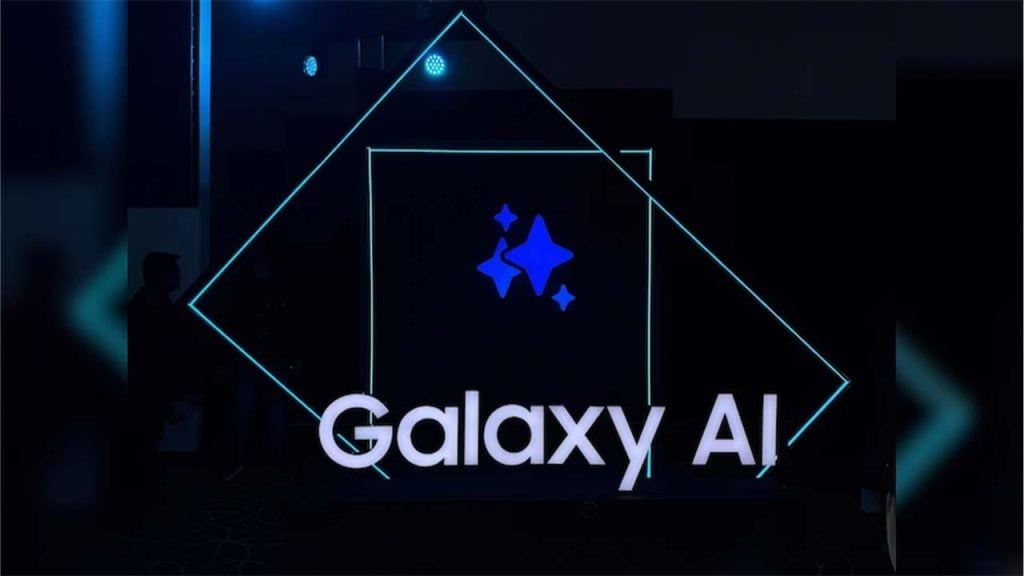- Artificial intelligence could present a more urgent danger to the world than climate change, Geoffrey Hinton said.
- The "Godfather of AI" recently quit Google so he could speak openly about the threat posed by the tech.
- Google employees have previously spoken out about their concerns over the company's chatbot Bard.
The "Godfather of AI" who recently quit Google to raise awareness about the dangers of artificial intelligence has said the threat the tech poses to the world could be more urgent than climate change.
In an interview with Reuters, Geoffrey Hinton continued to sound the alarm on AI after quitting Google last week. Hinton announced his departure in an interview with the New York Times which was published Monday.
"I wouldn't like to devalue climate change. I wouldn't like to say, 'You shouldn't worry about climate change.' That's a huge risk too," Hinton told Reuters. "But I think this might end up being more urgent.
"With climate change, it's very easy to recommend what you should do: you just stop burning carbon. If you do that, eventually things will be okay. For this it's not at all clear what you should do."
Hinton's comments this week come as tech giants engage in an arms race for AI capabilities, ignited by ChatGPT's success.
Hinton's former employer launched its own chatbot named Bard in March. That has been criticised by Google employees who warned the technology could be dangerous, as Bloomberg reported.
But in a tweet following his interview with the Times, Hinton said he quit so he could speak openly about AI without affecting Google, which he said had acted "very responsibly."
Hinton, though, is worried that AI will help disseminate false information and eliminate jobs. Research by Goldman Sachs estimated that AI could impact up to 300 million full-time jobs.
In his interview with the Times, Hinton wondered whether it was too late to put the requisite checks on AI's rapid momentum.
"I console myself with the normal excuse: If I hadn't done it, somebody else would have. It is hard to see how you can prevent the bad actors from using it for bad things," Hinton told the Times.
Google didn't immediately respond to Insider's request for comment.
https://ift.tt/5HIKCgr
Technology

No comments:
Post a Comment